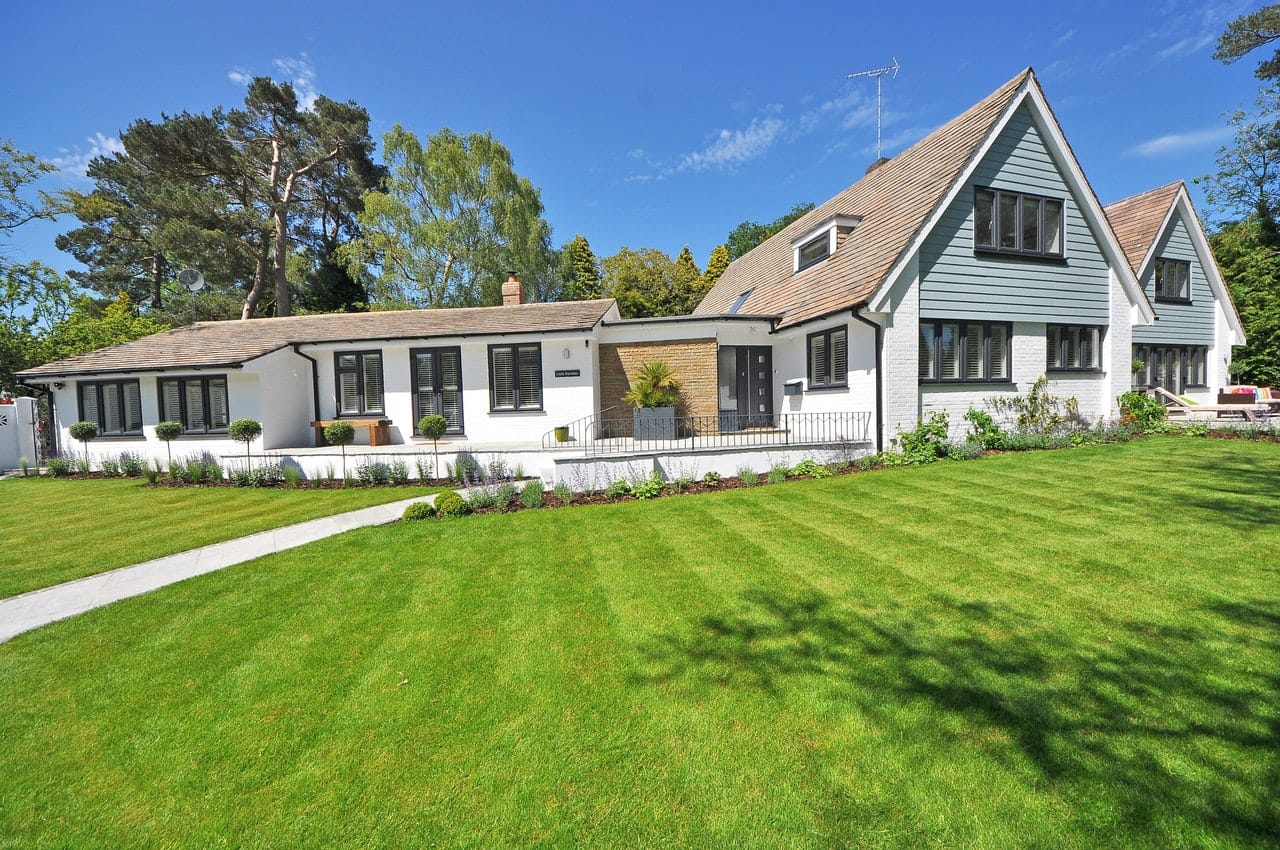Are you planning to move to Chicago but are unsure about the formalities of renting a property in the city? This quick guide will assist in making your transition a smooth one. Inside, we discuss all you need to find the right apartment you’ll love.
Things to Consider Before Renting a Property in Chicago
A suitable Neighborhood
Chicago is huge and boasts over 70 neighborhoods with rentable properties of varying qualities and pricing. Before anything else, you must decide the most suitable area for you using the following tips.
For starters, familiarize yourself with the overall layout of the city. Use resources like the Chamber of Commerce and CHI311 to help you with this. From here, consider all the factors you consider important to the quality of the life you want. This can include proximity to essential amenities, safety, population distribution, etc.
Budget
How much are you willing to spend on a house, matters a lot when choosing your preferred neighborhood. Setting the rent budget allows you to find an apartment that is affordable for you. While at it, remember to factor in the extra costs, including the security deposit and utility fees.
You can easily compare various furnished properties in Chicago on Blueground, a top-rated real estate tech company that offers serviced apartments in select cities around the world. Check out their website for tons of options in some of Chicago’s best neighborhoods, along with their rent charges (priced according to your length of stay). Remember to use the intuitive search filters to narrow down your searches based on the number of bedrooms, amenities, neighborhood, and renting duration by the month.
Related: Best Investing in Real Estate for Entrepreneurs in 2020
A tour of the Rentals
After identifying your preferred rental property, the next step is to visit and see it in person. This gives you an opportunity to meet the property owner or the management agency and also assess whether the advertised photos match the condition of the actual house.
While there, look out for the following:
If the apartment was previously occupied, inspect the condition of the water system, the painting, and the floor. If you notice any flaw, ensure that the property manager is aware and has plans to make repairs before you get in.
Observe the surroundings and imagine yourself living in the neighborhood. Assess whether you like the outside view that the house offers, as well as the ambiance inside the rental. You’ll be amazed by how much the first impression can influence your choice.
Rental documents
If you’re ready to settle in, the next step is to begin preparing the rental documents. The process involves opening a lease contract with the owner to ensure that they reserve the property for you. Remember, you might not be the only one interested in it, so the contract seals the deal.
Usually, the lease agreement should indicate the date you expect to move in, how much rent you are paying, the amount of security deposit, and the mode of payment. Some landlords may also ask for non-refundable application fees to process the lease contract.
Some of the supporting documents and details you are likely to be asked to provide are a copy of your government ID, a printout of your credit score, your phone number, names and numbers of your references, and recent pay stubs.
Related: A Door to Door Comparison: Condo vs Apartment
Tenant Rights
Apartment living is never going to be smooth sailing all through. Sometimes you will encounter problems that you didn’t foresee when you moved in, for example, bugs infestations.
What you need to know are your rights as a tenant in such cases. This is to ensure you remain as comfortable as possible when living in your home.
Always report to the property management any issues that might cause a nuisance or violate the building’s code of living. Most importantly, be sure to keep a record of your landlord’s response. You might need it when filing a formal complaint to Chicago’s Department of Housing in case of a conflict.
Related: Property Investors need to become more Fearless in the market
Be on the Lookout for Deals
While house hunting in Chicago is not as competitive compared with other big US cities, rental prices tend to fluctuate throughout the year. The apartments that are mostly affected are those in the downtown as their prices are dependent on market demand as opposed to the rates set by the landlords. As such, if you’re planning to stay in these areas, be on the lookout for possible market deals.
What other factors are you considering when searching for a property to rent in Chicago? We’d like to hear your feedback below.






